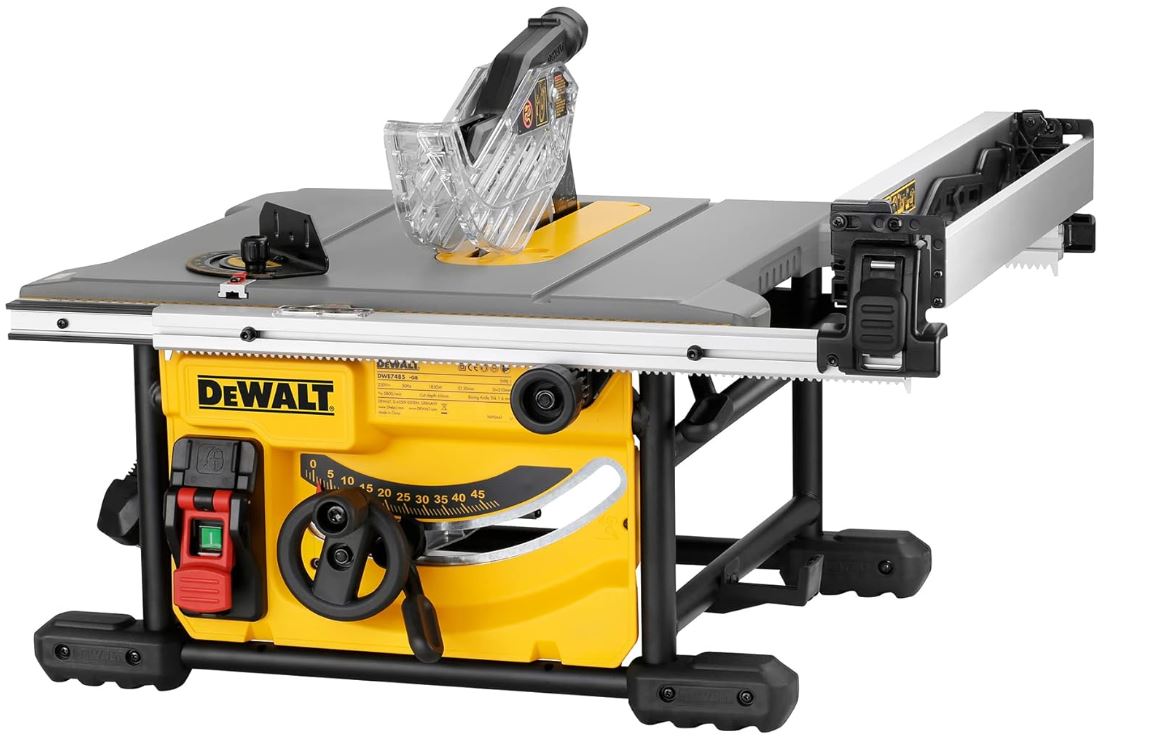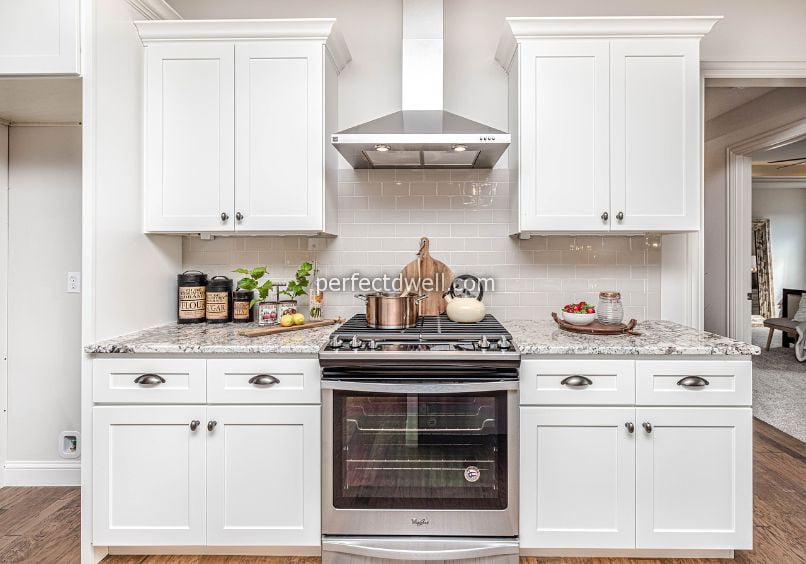Do you have an eye for detail, strong analytical skills, and an insatiable desire to learn? Do you like working with your hands? If so, a builders supply business might be right for you. Builders supply businesses offer DIY enthusiasts the opportunity to own their own company. These businesses sell building materials, hardware, and supplies directly to end customers or wholesale suppliers. They are also known as BDCs or Build-Your-Own Businesses. Read on for more information about starting a builders supply business and self-employed builder niche opportunities in general.

What is a Builders Supply Business?
A builders supply business is a company that sells building materials and hardware to customers. You’ll also sell to other builders with a Build-Your-Own-Business (B.Y.O.B.) model. This type of business is often referred to as a BDC, building-supply store, or builders store. Unlike a retail store, you won’t buy the building materials and sale them yourself. Instead, you’ll use your own stock, buy materials as needed, and sell them to customers. If you choose the right niche, you could be making money selling hardware, siding, or roofing materials. You could also specialize in a specific building material like Gypcrete or Foam Insulation.
Self-Employment as a Side Hustle
Self employment is a great side hustle if you enjoy working with your hands and are analytical enough to be profitable. If you’re interested in self-employment as a side hustle, you could open a DIY store that sells building materials. DIY stores are a growing industry and the retail market for home improvement and renovation products is projected to grow 8% from $37 Billion in 2017 to $43 Billion by 2021. You can also sell online. There are a lot of online DIY stores where you can sell products like tools, building materials, and home improvement supplies. You might even consider renting out your space and hosting workshops to earn extra money. You could also look into becoming a freelance model or consultant.
Key Benefits of Self-Employment
– Flexibility – You control your schedule and can earn extra money whenever you have extra time.
– Time Management – You have to manage inventory, customer service, and return rates while holding down a full-time job. If you’ve got the right skills and experience, you can make a living building a business.
– Freedom – You don’t have to be chained to a desk—you can work from home or follow your own schedule.
– Networking – You’re building a network of customers and suppliers, which can help you land new freelance gigs.
– Financial Independence – You’re earning your own money—you’re more likely to save money, pay off debt, and invest your savings.
Self-Employed Builders’ Specialties
Once you’ve chosen a niche market, it’s time to narrow your specialty. There are a lot of potential building materials niches to choose from. Your specialty will depend on your experience and skillset. For example, a siding specialist could sell decking, fencing, and building materials for decks and patios. A roofing specialist could sell shingles, flashing, and roofing materials. Finding your specialty is important as you’ll need to spend time researching which building materials are popular in your niche market. You’ll also need to invest in buying samples to evaluate the quality of the products you sell. Shopify offers free samples for online store owners. You can also look for trade show sponsors and distributors in your niche who can help you test products and choose your selling strategy.
Finding Your Niche
Once you’ve narrowed down your specialty, it’s time to find your customers. Start by finding your ideal customers. What do you like to do in your spare time? What do you enjoy doing for fun? What do you really love to do? These are important questions you should ask yourself as you’ll be better able to connect with your customers. You can also look for fellow builders in your area who share your love of DIY. Next, research your target customers’ demographics. How old are they? What do they earn? What are their hobbies? What are their biggest building needs? Once you’ve got a better idea of your target customers, you can start finding how to find your niche market online. Google Trends is a great tool for visualizing the popularity of certain topics. You can also find DIY communities on social media and online forums. You can also follow hashtags related to your niche market and try to connect with other customers in your niche.
Self-Employee Scams to Watch Out For
Before you start your build-your-own-business venture, make sure to protect yourself from some common self-employment scams.
– The “Perfect Opportunity” Scam – A “perfect opportunity” often isn’t a perfect opportunity at all. Before investing your time and money in a new opportunity, make sure to do your research.
– The “Perfect Company” Scam – A “perfect company” is not always a legitimate company. Before you start investing your time and money in a new business opportunity, make sure to do your research.
– The “My Business Is Worth $1 Million” Scam – Businesses can’t suddenly increase their value by 10 times. Potential investors often base potential valuations on what they would be willing to pay for the product or service.
Conclusion
As a builders supply business owner, you’ll be selling building materials, tools, and hardware to customers. You can also sell to other builders in your area who are looking to start their own businesses. If you love working with your hands and aren’t afraid of getting your hands dirty, a builders supply business might be for you. Start researching build-your-own-business opportunities and weigh your options.



